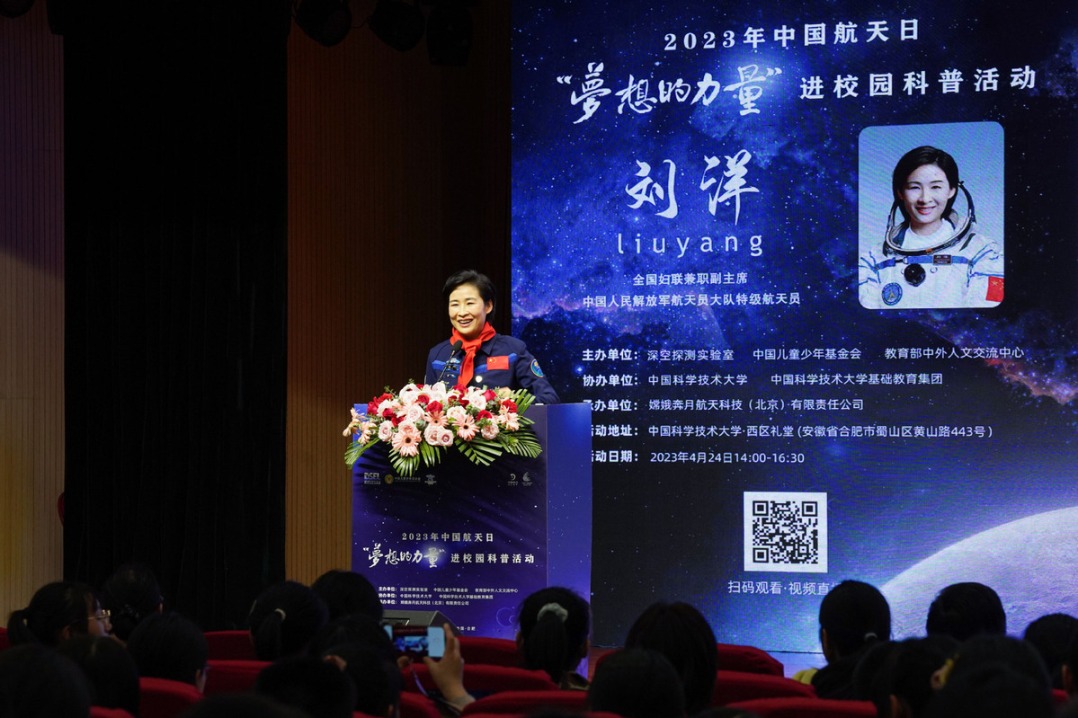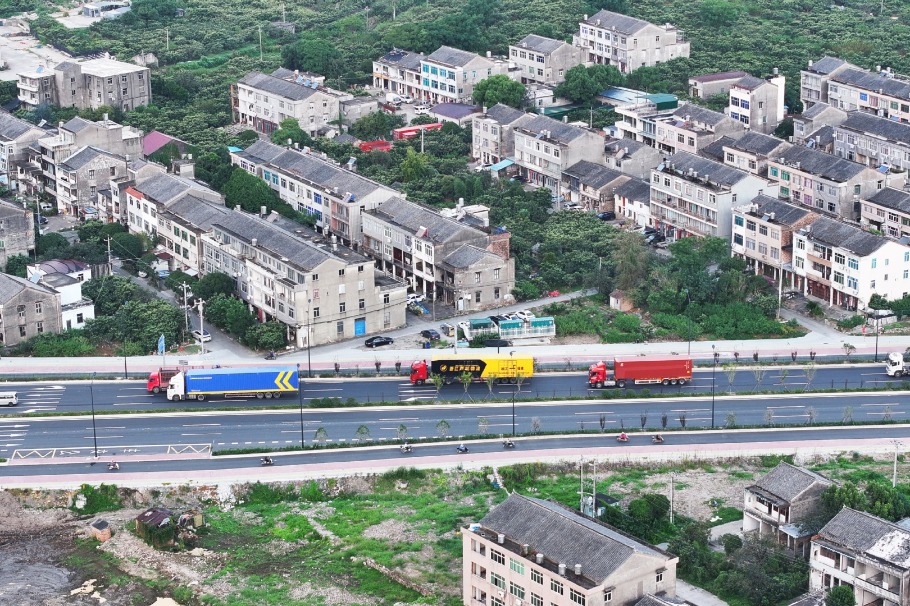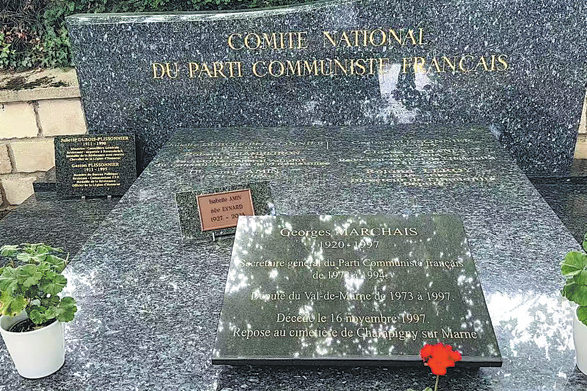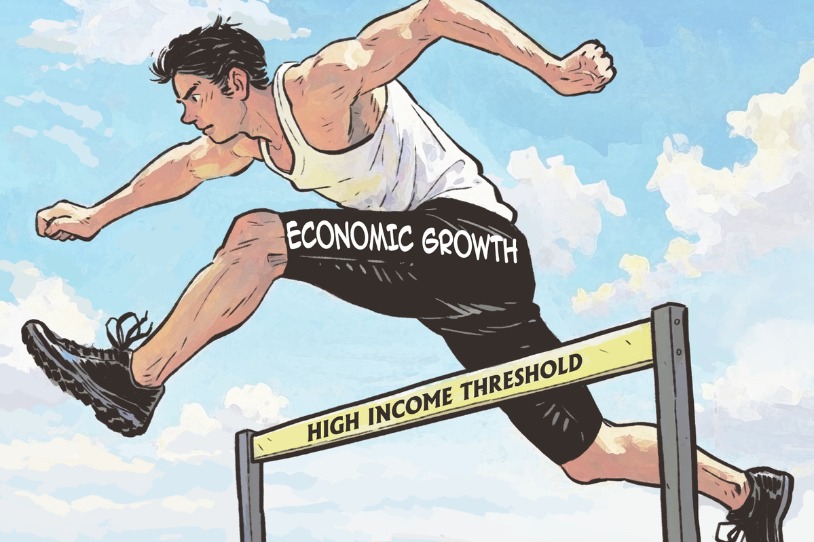The evolving landscape of the 2024 US presidential election

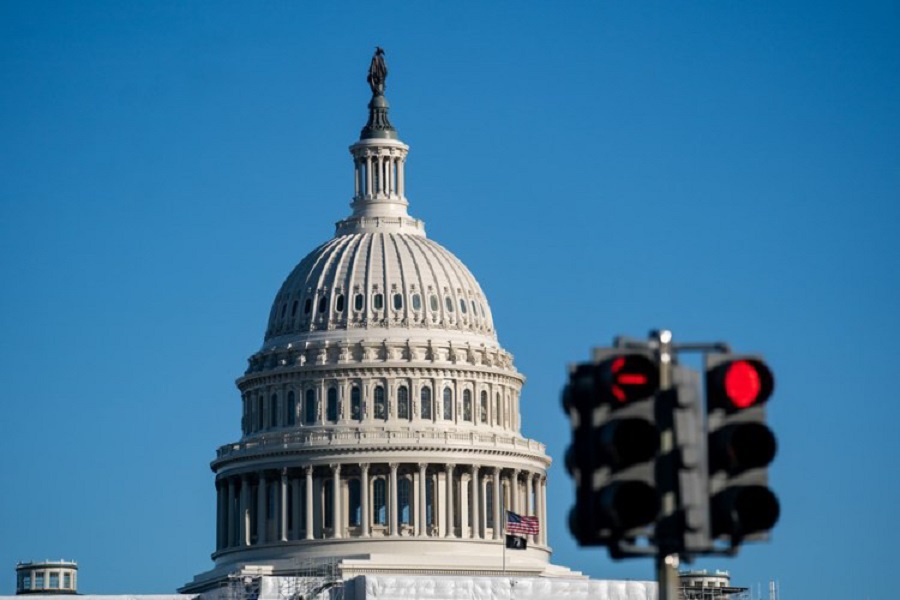
The 2024 United States presidential election campaign has entered a pivotal phase. The recent visit of Vice President Kamala Harris and her running mate, Minnesota Governor Tim Walz, to Michigan offers a window into the evolving dynamics of this high-stakes race.
The Democratic Party's 2024 campaign has taken an unexpected turn with President Joe Biden's decision to step aside as the nominee, endorsing Vice President Kamala Harris for the top of the ticket. This move has reshaped the race, presenting both unprecedented opportunities and formidable challenges for the Democratic campaign.
Harris's nomination marks a pivotal moment in American political history, as she becomes the first Black woman and South Asian American woman to be a major party's presidential nominee. This historic aspect of her candidacy represents a significant milestone in the ongoing struggle for diversity and representation in the highest echelons of US politics, potentially energizing key demographic groups, particularly younger voters and progressives who may have been hesitant about Biden's candidacy.
The selection of Minnesota Governor Tim Walz as Harris's running mate further signals a clear focus on the Midwest, a region that has proven crucial in recent presidential elections. Walz brings what some observers describe as "Midwestern dad vibes" to the ticket, with his background as a high school football coach, his hunting and fishing hobbies, and his down-to-earth demeanor. This choice appears to be a deliberate counter to the Republican strategy, which has seen former President Donald Trump making multiple visits to the region and selecting Ohio Senator JD Vance as his running mate.
The emphasis on Midwestern appeal was evident in the campaign event in Michigan, where Governor Gretchen Whitmer highlighted the friendly policy competition between Michigan and Minnesota, both states where Democrats have recently gained full control of the state government. Walz himself emphasized the shared values of the Upper Midwest, including the stewardship of the Great Lakes and a strong union heritage. This focus on regional identity and shared concerns could prove crucial in swaying voters in key battleground states.
The Harris-Walz campaign is also making a concerted effort to court labor unions, particularly the United Auto Workers (UAW). This strategy builds on the foundation laid by the Biden administration, which has positioned itself as strongly pro-union. The endorsement of the UAW's international board and the presence of UAW President Shawn Fain at the Michigan rally underscore the importance of union support to the Democratic campaign. Harris's history of supporting union actions, including walking the picket line during the 2019 GM strike, was highlighted during the event. This emphasis on labor issues is particularly significant in Michigan, where union membership rates exceed the national average. The campaign's focus on fighting corporate price gouging and supporting workers' rights aligns closely with union priorities and could help solidify support among this crucial voting bloc.
A Detroit Free Press article suggests that the Harris-Walz ticket has injected new energy into the Democratic campaign, with several factors contributing to this perception. The rally in Michigan reportedly drew the largest crowd for a Democratic campaign event this year, reporting a "palpable excitement" among attendees, who were chanting Harris's name and displaying high levels of enthusiasm. This energy stands in stark contrast to earlier concerns about an enthusiasm gap between Democratic and Republican voters. The strong showing of support from Michigan's Democratic officials is also notable, with Governor Whitmer and various representatives and senators presenting a united front behind the Harris-Walz ticket.
This display of solidarity could be crucial for mobilizing voters and resources in Michigan and potentially other battleground states. The campaign's messaging and tone are also worth noting, with Harris and Walz positioning themselves as "middle class kids" who understand the economic challenges facing average Americans. This messaging, combined with Harris's promise to prioritize fighting inflation and high prices, appears aimed at addressing key voter concerns. The campaign's overall tone, described as that of "happy warriors," seems designed to project optimism and determination in the face of challenging political and economic circumstances.
While some news reporting paints a largely positive picture of the Harris-Walz campaign's reception in Michigan, several challenges and potential obstacles are worth considering in analyzing the broader implications for the 2024 election. Despite the enthusiasm surrounding the Harris-Walz ticket, the national and swing state polling remains tight, suggesting that the race is far from decided and that the campaign will need to maintain its momentum to secure victory.
Economic concerns remain a significant issue for voters, as evidenced by Harris's acknowledgment of high prices and inflation. The campaign's ability to convince voters of its plan to address these issues could be crucial to its success. Additionally, the absence of certain figures, such as Senator Gary Peters and Representative Rashida Tlaib, hints at potential divisions within the Democratic Party. The campaign's ability to maintain a united front and address concerns from all factions of the party could be important for its success in the long run.
The Harris-Walz campaign's approach in Michigan offers valuable insights into the broader strategies and dynamics that may shape the 2024 presidential election. The focus on Michigan and the selection of a Midwestern running mate underscore the critical role that states like Michigan, Pennsylvania and Wisconsin are expected to play in the election outcome. Both major parties appear to be investing heavily in courting Midwestern voters, recognizing the region's potential to swing the election.
Harris's historic candidacy highlights the ongoing importance of identity and representation in American politics, with the enthusiasm surrounding her nomination suggesting that these factors continue to resonate with many voters. The campaign's focus on economic issues, particularly inflation and corporate accountability, indicates that pocketbook issues are likely to be central to the 2024 election narrative, as voters grapple with the economic fallout of the pandemic and ongoing global economic challenges.
The strong emphasis on union support and workers' rights suggests that labor issues may play a more prominent role in this election cycle than in recent years, potentially reshaping the political landscape in traditionally union-strong states. Furthermore, the transition from Biden to Harris represents a generational shift in Democratic leadership, which could have significant implications for voter turnout and enthusiasm, particularly among younger demographics who may feel more connected to Harris's narrative and political style.
As we look ahead to the remainder of the campaign and the eventual election, it's clear that the 2024 US presidential race is shaping up to be a closely contested and historically significant event. The Harris-Walz ticket's approach, as evidenced by their campaign event in Michigan, reveals a strategy that emphasizes Midwestern appeal, labor support, and economic populism, while also capitalizing on the historic nature of Harris's candidacy.
The enthusiasm surrounding their campaign suggests a potential resurgence of Democratic momentum, but the tight polling and persistent economic concerns indicate that the race remains highly competitive. As the campaign progresses, it will be crucial to monitor how these strategies play out across other swing states and how they impact the overall electoral landscape. The 2024 election may well hinge on the candidates' ability to connect with voters in key Midwestern states, address pressing economic concerns and mobilize their respective bases. The Harris-Walz campaign's early efforts in Michigan provide a glimpse into the complex interplay of factors that will likely determine the outcome of this pivotal election.
The implications of this election extend far beyond the immediate political landscape. The outcome will shape American domestic and foreign policy for years to come, influencing everything from economic policy and social justice initiatives to international relations and climate change response. A Harris presidency would represent a historic shift in American leadership, potentially reshaping perceptions of power and representation both within the United States and on the global stage. Conversely, a return to Republican control of the White House would likely signal a dramatic shift in policy direction and governance style. The stakes of this election are thus extraordinarily high, with the potential to fundamentally alter the trajectory of American politics and the country's role in the world.
Moving closer to Election Day, it will be essential to continue analyzing campaign strategies, voter responses, and evolving national and regional dynamics. Researchers, policymakers and citizens alike must remain engaged and informed, critically examining the promises and policies put forth by both campaigns. The media will play a crucial role in this process, and it will be important to seek out diverse and reliable sources of information to form a comprehensive understanding of the election landscape. Additionally, efforts to ensure fair and accessible voting processes will be paramount, given the contentious nature of recent elections and ongoing debates about election integrity.
In conclusion, the 2024 US presidential election campaign, as exemplified by the Harris-Walz ticket's strategic approach in Michigan, is a complex and multifaceted political phenomenon with far-reaching implications. The historic nature of Harris's candidacy, combined with the campaign's focus on Midwestern appeal, labor support and economic issues, presents a powerful narrative in American politics. However, the tight race and persistent challenges underscore the unpredictable nature of electoral politics and the need for continued analysis.
The author is a Beijing-based commentator. The views don't necessarily reflect those of China Daily.
If you have a specific expertise, or would like to share your thought about our stories, then send us your writings at opinion@chinadaily.com.cn, and comment@chinadaily.com.cn.

















